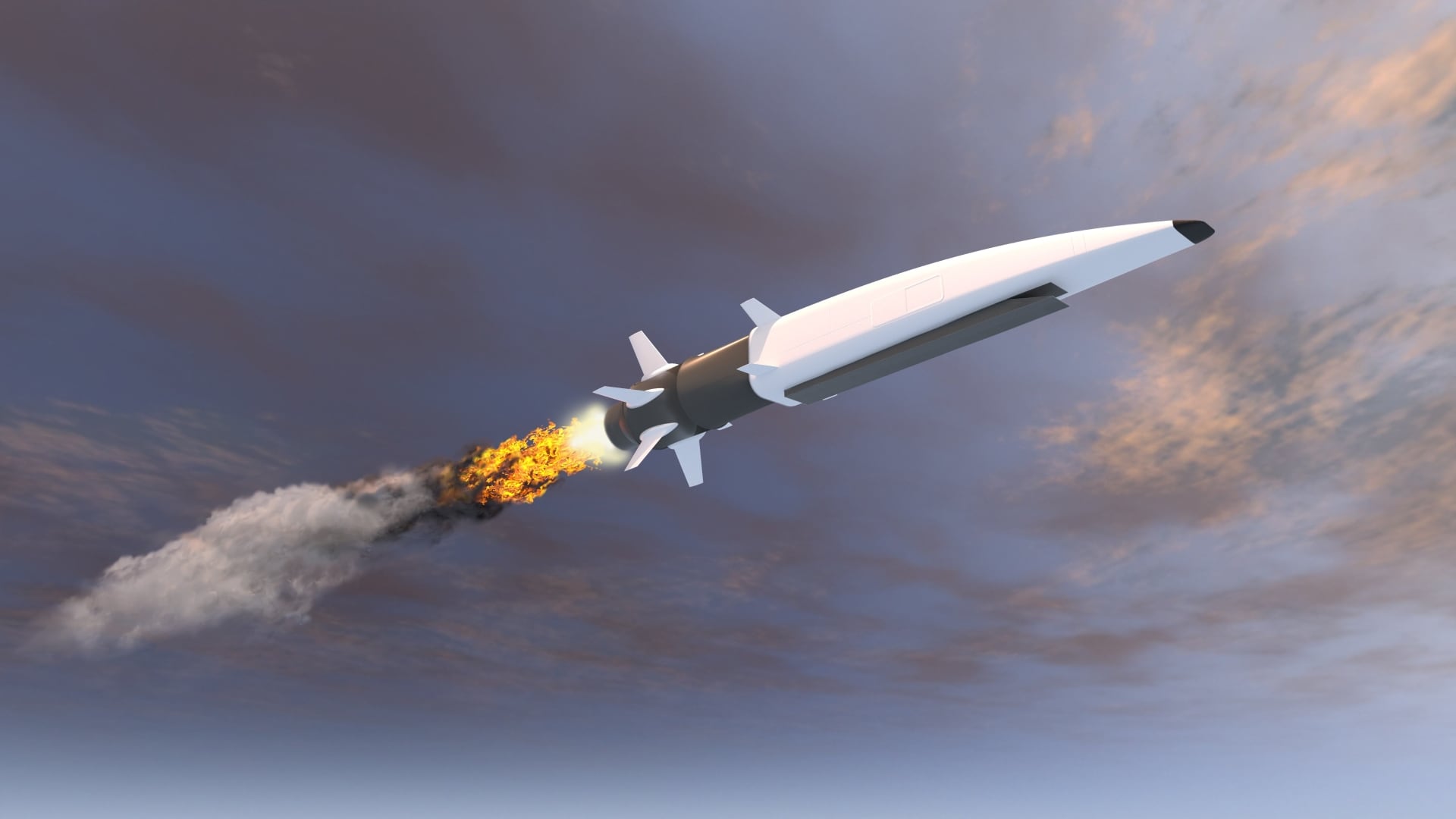WASHINGTON - A group of Democratic lawmakers have introduced a bill to ban the Defense Department from developing a new low-yield nuclear warhead, arguing it could fuel a dangerous arms race and hasten nuclear war.
The new warhead, for submarine-launched ballistic missiles, would also siphon money from other military needs, said Rep. Adam Smith, D-Wash., and four other lawmakers who co-sponsored the bill. Smith, the top Democrat on the House Armed Services Committee, is a frequent critic of nuclear modernization costs and an opponent of this weapon in particular.
The move comes after Congress passed, and President Donald Trump signed, an appropriations package this month that applies $65 million to the program. The money pays to modify the W76-1 warhead for the Navy’s Trident II D5 ballistic missile into a W76-2 warhead. (The measure also orders a study of the weapon’s long-term costs.)
“We should not fund President Trump’s request for new low-yield nuclear weapons. His proposal dangerously lowers the threshold to nuclear use and siphons money away from genuine military readiness needs.” Smith said in a statement.
“We already have a nuclear deterrent that is more than adequate to achieve our national security goals. Funding new, low-yield weapons would only draw us further into an unnecessary nuclear arms race and increase the risks of miscalculation.”
The bill would prohibit the research, develop, production, and deployment of a low-yield nuclear warheads for submarine-launched ballistic missiles.
Sponsored by Smith, and Reps. Ted Lieu, D-Calif.; John Garamendi, D-Calif.; Earl Blumenauer, D-Ore., and Sen. Ed Markey, D-Mass., it’s called the Hold the LYNE (Low-Yield Nuclear Explosive) Act. It’s just the latest push from Democrats in an ongoing battle.
The requirement for the weapon is part of the Trump administration’s Nuclear Posture Review—meant to deter Russia from using its own arsenal of low-yield nuclear weapons. Defense Secretary Jim Mattis and others have said Russia might attempt to use a tactical nuclear weapon to win a conventional war quickly.
The Defense Department requested $22.6 million for FY19 and $48.5 million spread over the life of the Future Years Defense Program, or FYDP, a series of projected numbers that cover through FY23, meaning the combined cost for the development in FY19 will be $87.6 million.
The lawmakers pointed to a Congressional Budget Office estimate last year that upgrading America’s nuclear weapons at $1.2 trillion over the next 30 years.
The bill has been endorsed by Arms Control Association, Global Zero, Union of Concerned Scientists, Ploughshares, Win Without War, and other nonproliferation advocates.
Joe Gould was the senior Pentagon reporter for Defense News, covering the intersection of national security policy, politics and the defense industry. He had previously served as Congress reporter.








